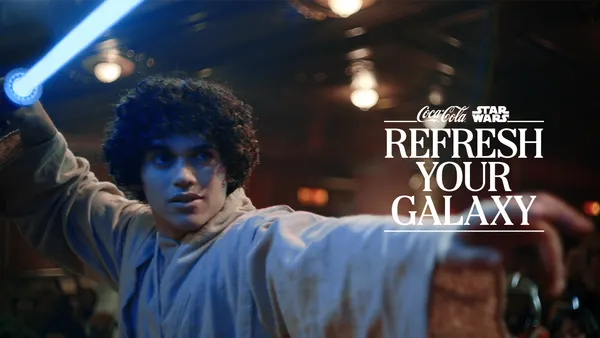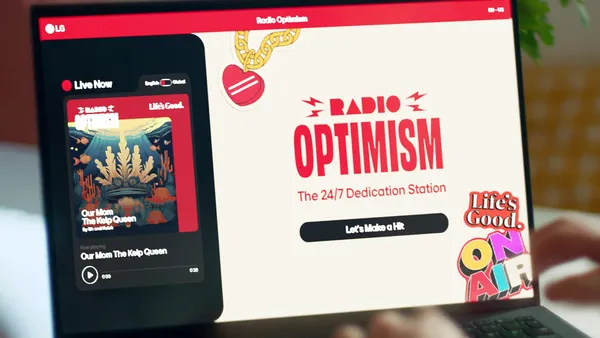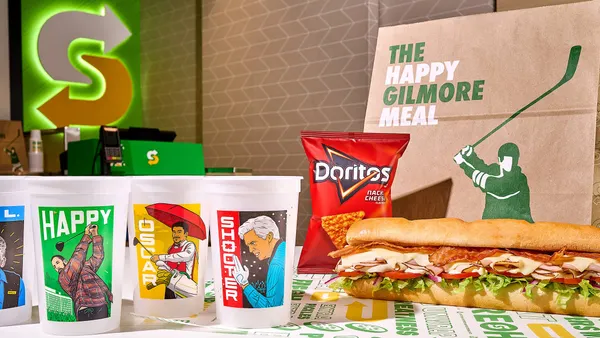Dive Brief:
- Political polarization and social movements like #MeToo and #TimesUp have led to a major shift in consumer engagement and loyalty, creating new opportunities for brands like Dropbox, WhatsApp, Dollar General, Spotify, Jack Daniels, Bugles, Instagram, and Chapstick, according to findings from the Brand Keys 23rd annual Customer Loyalty Engagement Index provided to Marketing Dive.
- The annual examination of 84 product categories and 761 brands reveals that how consumers view a category and compare it to competing brands has changed dramatically in 94% of the measured categories, resulting in a change in brand engagement, loyalty and a 58% shift in brand leadership. The sectors with the biggest shift in category values are instant messaging, retail, broadcast and cable news, online investing and social networking.
- "We expect to see value and expectation shifts," said Robert Passikoff, president of Brand Keys, in a statememt. "But we've never before measured anything on this scale."
Dive Insight:
The key takeaway for brands is that brands should take a new look at what the category ideals are for their customers because there are entirely new ideals across many categories, according to Brand Keys. In particular, political tribalism and social activism have become more important and are likely to change how successful branding is done.
Per the report, values associated with “political tribalism” include personal responsibility, moral order, family values and others and most impacted the sectors of broadcast and cable news, online brokerage, banks/credit cards, automotive and hotels (luxury). The sectors that reacted most to values of “social activism”— empathy, equality, pride, empowerment, and others — include retail, restaurants, social networking, smartphones and consumer packaged goods.
The Brand Keys report is the latest research to suggest the need for marketers to reconsider how they approach political ideas in the current environment. Marketers have long considered political attitudes when considering how to craft brand campaigns, but in the current divisive political and social climate and shifting consumer perceptions, they may be better off making their opinions known. About 70% of consumers think brands should take public stances on important issues, like immigration and race relations, according to survey by Sprout Social, and 58% want brands to share their opinions via social media.
The shifts in loyalty and engagement may be most evident among younger consumers. Research has showed that younger consumers, millennials and Gen Zers, pride themselves on being progressive, shun gender stereotypes, embrace diversity and expect brands to be inclusive of their identities. Marketers that choose to delve into more socially and politically charged content will likely find that their messages — when throughtfull crafted — resonate with these age groups, rather than with older generations.
Before marketers dive into making a political or social statement, they should carefully strategize to make sure the issues they take on and the related messaging is relevant to the brand. Pepsi tried and failed at making such a statement with last year’s “Jump In” campaign starring Kendall Jenner. The brand’s intentions were to promote unity, but the campaign received immediate backlash and resulted in the brand's perception plunging among consumers.
Consumers are more likely to avoid brands that are perceived as having a “negative” stance, like being perceived as racist, anti-LGBTQ or sexist, than they are to support brands that promote positive viewpoints, according to findings of a 4A’s and SSRS study. In a separate 4A’s study, 67% of marketing agency professionals felt that changing values are increasing brands’ interest in corporate responsibility and cause-driven marketing, but more brands reported being afraid of taking a political stance than a social position.











